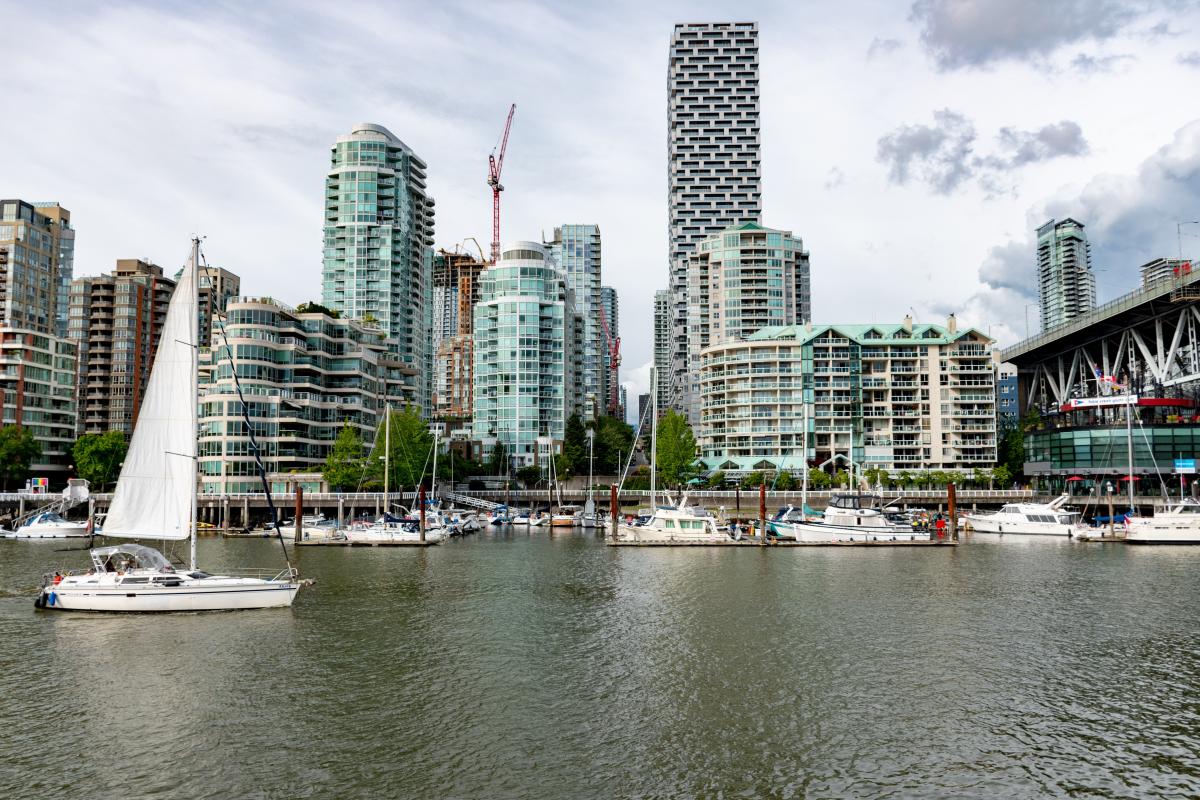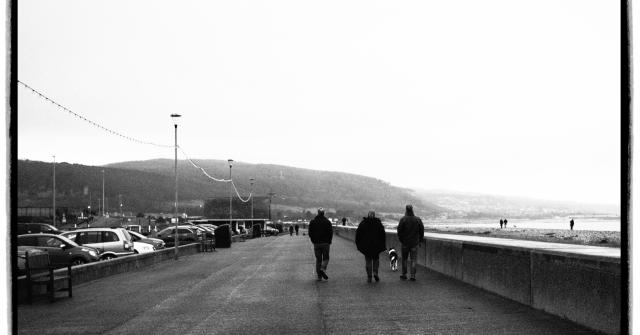
Unity in My City
I was talking to a Jehovah’s Witness recently (at his door, not mine), and he was telling me about what attracted him to the JWs. He said he appreciated that they have one name for God, that the order of service was always consistent and the people welcoming, and that no matter where you went in the world, you would know what scripture was being studied because they all read the same thing on the same day. Wow! The Jehovah’s Witnesses have achieved a degree of unity that I think a lot of Christians would find enviable. It certainly was attractive to the man I was speaking to. But is it unity or uniformity?
As I mentioned in a previous article, the Lausanne Movement’s Cape Town Commitment emphasizes the importance of unity in very stark terms: “A divided Church has no message for a divided world. Our failure to live in reconciled unity is a major obstacle to authenticity and effectiveness in mission.”
But a distinction needs to be made between unity and uniformity. When we look at a city and see all the different churches and denominations, is that a sign of disunity? Well, some would argue that it is. Many of the different communities we see today were the result of disagreements over theology and practice. In those cases, when the cause is not lost in the shrouds of time, we should be seeking reconciliation and humbly confessing our part in the disunity. However, many of the distinctions between communities are simply a God-given expression of the freedom that we have in Christ.
How did I come to that conclusion, you might ask? Well, there are three main parts to my thinking. First, God made us in his image. Scripture says that God is one, yet as Christians we rightly understand that God is also three persons, each distinct and unique from the other. This is a mystery, but it is also an important argument for distinct personhood. Second, we know that we have freedom in Christ. The “in Christ” part is extremely important. Our freedom is not liberty to sin, or to “be our own best selves”, but it is freedom to fully experience our purpose in Jesus. Third, the apostle Paul describes the people of God as a body. Each part has a specific function. This metaphor is applicable to a small group, churches in a city, a nation or globally. The differentiation that could be interpreted as disunity is actually God’s gifts at work in his people.

How then can the church in the city walk together in unity?
There’s no easy answer to the question of unity, but here are some suggestions:
- We are commanded to love our neighbour starting with those in Christ. Since we can’t see the heart and can’t judge who is “in” or “out”, our love must be extravagantly generous. It isn’t ethereal; it comes down to practical expression.
- If we are in Christ, we have an obligation to invest in maintaining the “bond of peace”. This doesn’t only mean that we have to forgive past wrongs, but we also have to build bridges and hold meaningful, sometimes challenging, dialogue. Leslie Newbigin, in his article for the World Council of Churches called A Local Church Truly United, puts it this way: “a sincere intention to seek unity is incompatible with an intention to remain permanently uncommitted to any particular form of unity.”
- Unity can’t be ignored; it is an essential part of our mission. If you are trying to make an impact on your community and you haven’t taken steps to build relationship with your brothers and sisters in the city, then you will not succeed.
- We are the people of God in places, in-person - and yes, even online. To be faithful to our purpose, we are to be on Jesus’ mission in these places. Given the diversity of the body and the places we belong to, there must be a dynamic approach to mission that sometimes looks like disunity. Leslie Newbigin writes:
"Separation there must be - for the sake of mission. The white middle-class suburban congregations of Birmingham, however devoted they might be, cannot and could not function as sign, foretaste and instrument of God’s purpose or blessing for the immigrants or for the shop-floor workers on the Leyland assembly lines. There have to be communities where these and others can hear and see in terms of their own culture the words and the signs of the Gospel. The Church is not truly local if it does not take these different situations seriously, and if its forms do not provide for them."
But, he notes:
"The existence of separate congregations in the same geographical area on the basis of language and culture have to be accepted as a necessary, but provisional, measure for the sake of the fulfillment of Christ’s mission. Necessary because there must be the possibility to bring to full ripeness the special gifts and insights that God has given to peoples of different language and culture and this cannot happen if some have no place except on the margin of a community of another language or culture. Provisional because the Gospel is the good news of God’s purpose, to bring all these gifts to their perfection in his new creation where - all together - they will shine in their true glory."
5. The Church in a city includes all the people of God. Unity doesn’t need to only manifest itself in “official channels” – for instance, at local church events or a pastor’s ministerial meeting. The intertwined lives of people in our local congregations are also evidence of unity. Quite often these connections appear unified as people participate in ministries and mission agencies in a city. This should be encouraged more.
Unity is complex. Our lives are complex. It’s certainly easy to mistake uniformity for unity; if we do that, then it’s easy to become critical, even anxious, about the church’s apparent failure. Overall, we must remember that those who are in Christ are united by one Spirit. The eschatological reality of unity does exist. Aligning ourselves with that unity must include breaking down any dividing wall that detracts from Jesus being glorified, and his people, his Church, from being a “sign, foretaste and instrument of the reign of God”. (Leslie Newbigin, A Local Church Truly United)
Questions:
1. How are you contributing to the tangible and visible expression of the unity of the body of Christ in your city?
2. Are there areas of disunity that you could help heal? How could you be a peacemaker?
3. Who are your partners in mission?











